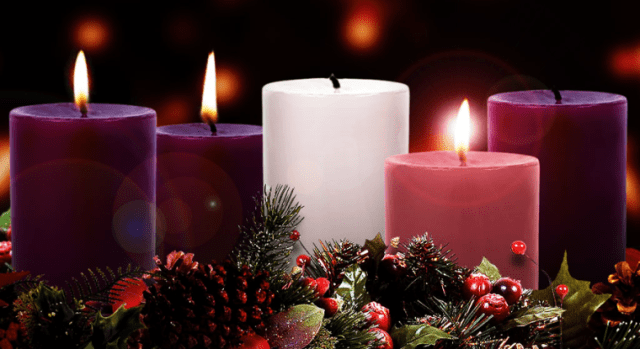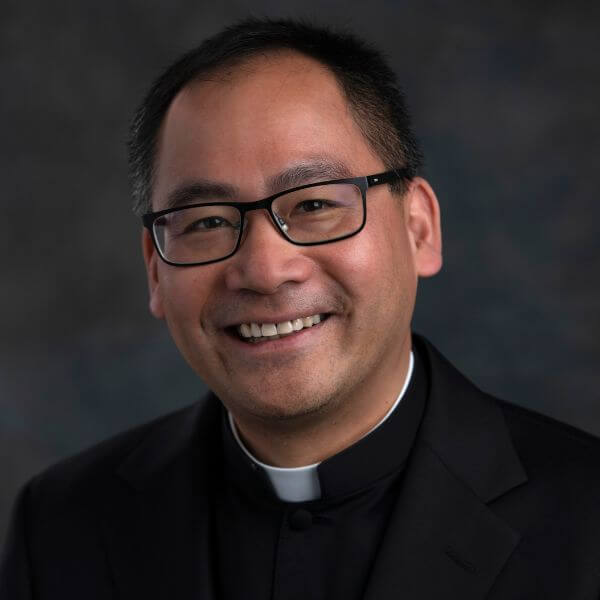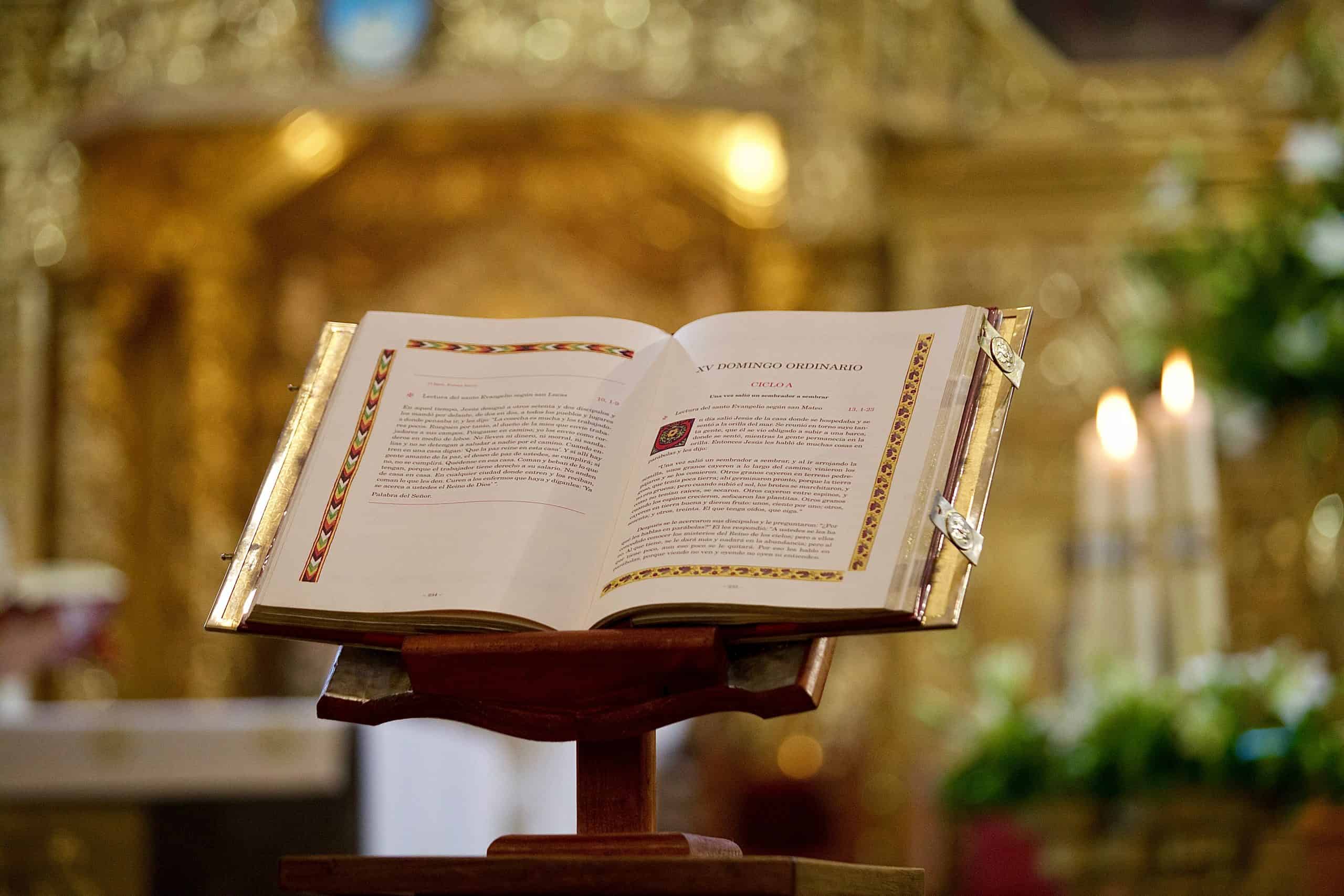
Advent
Third Sunday of Advent
 Speaker: Fr. Lam Le
Speaker: Fr. Lam Le
Message:
Make your hearts firm, because the coming of the Lord is at hand (Jas 5:8)
During this time of the year, I often make visits to the sick and the homebound and celebrate the anointing of the sick for them. When this sacrament of healing is celebrated, in the Pastoral Care for the Sick: Rites of Anointing and Viaticum there are three gospel passages that the Church has set forth for the celebrant to choose from. The third option is the story of the Gospel today (in the ritual book, it is taken from Luke whereas today’s Gospel is from Matthew). Let us be attentive to certain details in the Gospel today that are rejoiceful for “Rejoice/Gaudete” is the name of this Third Sunday of Advent.
The Gospel proclamation begins: “When John the Baptist heard in prison of the works of the Christ, he sent his disciples to Jesus with this question, ‘Are you the one who is to come, or should we look for another?’” (Mt 11:2-3). Please note Jesus did not give them a “yes” or “no” answer but he directed them to his works: “Go and tell John what you hear and see: the blind regain their sight, the lame walk, lepers are cleansed, the deaf hear, the dead are raised, and the poor have the good news proclaimed to them” (Mt 11:4-5). Jesus expanded on what we heard in the First Reading: “Here is your God, he comes with vindication; with divine recompense he comes to save you. Then will the eyes of the blind be opened, the ears of the deaf be cleared; then will the lame leap like a stag, then the tongue of the mute will sing” (Is 35:4-6). The works of Jesus revealed him as a healer and this is critical to the Christ, the Anointed One of God. Actions manifests identity!
When the Eternal Word entered our world as our Savior, healing was the gift that he brought. From the Bible, we know that suffering and death is the result of sin: “Because God did not make death, nor does he rejoice in the destruction of the living. For he fashioned all things that they might have being, and the creatures of the world are wholesome; There is not a destructive drug among them nor any domain of Hades on earth” (Wis 1:13-14). Because of sin, to be human is to experience suffering and the ultimate form of suffering is death. The Son of God, in assuming our humanity by being born of the Blessed Virgin Mary, experienced our own suffering and death as well. In Jesus, human sufferings are no longer foreign to God. So, in pointing out the lame walks, the blind sees, the lepers are cleansed, and the dead are raised, etc. . . . Jesus indicates that with him entering our humanity, all these forms of suffering take on new meaning. When we suffer, we are suffering with Jesus and when our suffering reaches its depth, death, we participate in the death of Christ (Rm 6:4). This makes the Christian faith so unique! This is the joy of humanity: Our God loves us so much that he shares in our human conditions, including our suffering; so that from the darkness of humanity, God leads us to new life.
As the antiphon for the Mass instructs us: “Rejoice in the Lord always. I shall say it again: rejoice!” (Phil 4:4-5) The Second Reading adds that not only should we rejoice, but “make your hearts firm, because the coming of the Lord is at hand.”
Scriptural Readings: Reading 1Is 35:1-6a, 10; Responsorial Psalm Ps 146:6-7, 8-9, 9-10.; Reading 2 Jas 5:7-10; Alleluia Is 61:1 (cited in Lk 4:18); Gospel Mt 11:2-11

